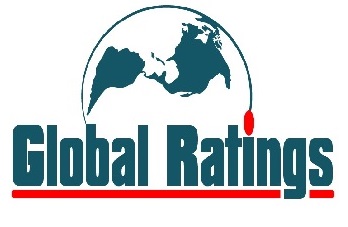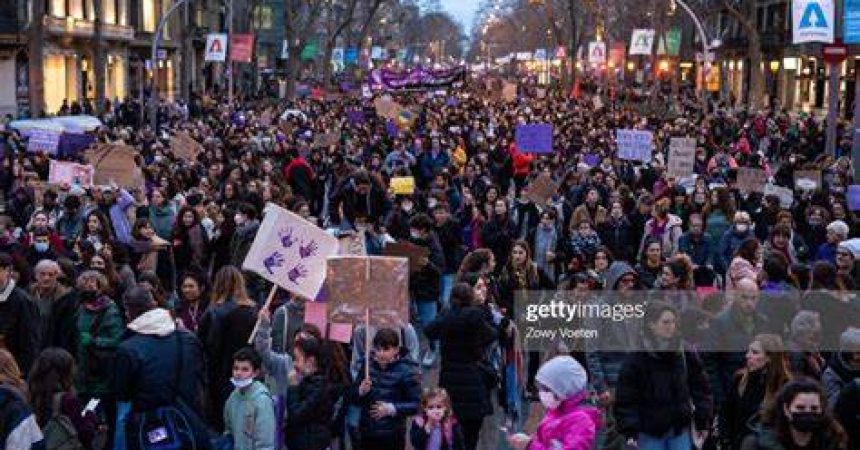By Ngozi Egenuka
As the international women’s day was celebrated, which is usually a day set aside to appreciate the uniqueness of women and to advocate equality and end to gender-based violence, it’s the right time to know the countries that offer best services to women.
According to research in 2020 and 2021, there is a pattern showing that European countries are leading the charts.
It should be noted, however, that the best countries for women is perception-based on the responses of nearly 8,048 women who filled out surveys for the 2021 Best Countries rankings. The ranking is derived from a compilation of five equally weighted country attributes: care about human rights, gender equality, income equality, progress and safety.
The top five countries are Sweden (the 1st in Women Rankings and was 2nd out of 73 in 2020). Denmark is second in Women Rankings (was first out of 73 in 2020).
Norway (third in Women Rankings, came fourth out of 73 in 2020), while Canada came fourth (fifth in 2020). The Netherlands was rated fifth and came third in 2020.
In another report, published by CEOWORLD magazine, The Netherlands was ranked the best country in the world for women. Norway and Sweden followed up in second and third places, respectively, while Denmark ranked fourth.
Eight out of the top ten countries for women are in Europe, including Finland (No. 5), Switzerland (No. 7), France (No. 9), and Germany (No. 10); the list also included Canada (No. 6) and New Zealand (No. 8).
Chief Executive, CEOWORLD magazine, Prof. Amarendra Dhiraj, explained that various factors determine the objectification of the female body and gender equality, adding that no nation is completely safe for women to live equally yet.
For CEOWORLD magazine to arrive at this result, 156 countries were given scores across nine attributes: gender equality, percentage of legislative seats held by women, sense of security (females 15 years and older, who report feeling safe, while walking alone at night), income equality, care about human rights, women empowerment, average years of education among women, women age 25 and older who are engaged in paid work, and women’s inclusion.
For nations with the highest representation of females in politics, Africa was leading the charts with Rwanda, having 61 per cent of its parliamentary seats occupied by women.
Though women are taking up more governmental positions, The Inter-Parliamentary Union (IPU), a global organisation of national parliaments, released its latest yearly Women in Parliament report indicating that the world is not yet on track to achieve gender equality in politics by 2030.
Secretary-General, IPU, Martin Chugong, said the global average of women in parliamentary positions now sits at 25.5 per cent, reaching over a quarter for the first time in history.
“While we celebrate and welcome this all-time high, we feel that progress is painstakingly, or even excruciatingly, slow. At the current rate, it will take another 50 years before we can achieve gender parity in parliament. And of course, we all agree that this is not tenable, it’s not acceptable,” said Chugong.
With 53 per cent of women taking up parliamentary seats, Cuba remains in the second spot for another year. It is one of two countries from the Caribbean to make it into the IPU’s top 10, with Grenada not far behind at number eight.
The third and final country on the list to have achieved gender equality in parliament, with 50 per cent of parliamentarians being women, compared to just 20 per cent in previous years, is the United Arab Emirates (UAE). The country made an admirable improvement, jumping from 85th in the world in 2019, to third in the world this year. This came as a result of President Sheikh Khalifa’s call for women to occupy half the parliamentary seats in 2018.
In Nicaragua, which came fourth on the chart, their women leaders have also been instrumental in leading the resistance against the country’s dictatorship.
While there have been several African countries to rank in the IPU’s top 10 over the last few years, Rwanda is the only one in 2021. Chugong, however, clarified that this isn’t because African countries have decreased their representation of women, but other countries have rather increased theirs.
“The fact that you’ll have fewer African countries in the top 10 does not mean that they are not doing well. It’s simply because other countries have moved up the rankings.
“So, as other countries rise to the top, others are dropping, but it does not mean that they’re not doing well when it comes to gender equality,” he said.














